The People's Republic of China (PRC) has emerged as a dominant force in global technology development and acquisition, utilizing a variety of methods, both legal and illegal, to bolster its technological prowess and military strength. The PRC's aggressive pursuit of advanced technologies through international collaborations and investments raises concerns about the dual-use nature of these technologies and their impact on diplomatic relations.
To counter unauthorized technology transfer, nations have implemented regulatory frameworks like the Export Administration Regulations (EAR). However, the PRC's sophisticated evasion tactics, such as establishing front companies and exploiting regulatory ambiguities, undermine these controls. The LinkOcean Technologies case exemplifies how such tactics are used to circumvent export controls, highlighting vulnerabilities in regulatory frameworks.
The PRC's talent acquisition strategies, like the Thousand Talents Plan (TTP), attract overseas scholars to bolster domestic science and technology capabilities. However, controversies arise, particularly concerning military advancements and sensitive technologies. Talent recruitment intersects with emerging technology fields like artificial intelligence, posing legal risks and ethical questions.
Strengthening oversight and transparency in international research collaborations, along with enforcing export controls and disclosure requirements, is crucial. The international academic and research community must be vigilant in fostering innovation while preventing exploitation.
Intellectual Property (IP) Theft poses a significant threat to economic stability and innovation. Despite efforts to enforce IP laws, China's inadequate protection measures contribute to substantial economic losses globally. Addressing IP theft requires international cooperation to safeguard creative and innovative outputs essential for economic advancement.
In the realm of digital espionage, the PRC's cyber activities pose a direct threat to national security and international norms. Despite the economic toll estimated at billions of dollars annually, the full extent of military technology theft remains elusive. Future research must focus on the granular categorization of IP theft to tailor countermeasures and safeguard national security.
The rise in illicit technology acquisition by the PRC undermines international collaboration, economic stability, and security. Collaboration among countries like the US and India is crucial to combatting this threat and maintaining the integrity of the digital system.
Improving cyber defense techniques, promoting openness and cooperation in technical development, and investing in research and development are essential counter-strategies. Establishing global legal standards and enforcement systems, improving information sharing, and fostering innovation through international consortia can mitigate susceptibility to technology theft.
India's engagement with global powers to combat PRC's technology acquisition plans signifies a commitment to safeguarding the authenticity of the worldwide innovation environment. This joint effort protects economic interests and national security while fostering understanding and collaboration in a digital era characterized by equality and mutual respect.
Dr. Vishal Singh Bhadauriya and Dr. Kunwar Alkendra Pratap Singh are from the Plasma Astrophysics Research Laboratory, Department of Physics, Institute of Science, Banaras Hindu University, Varanasi







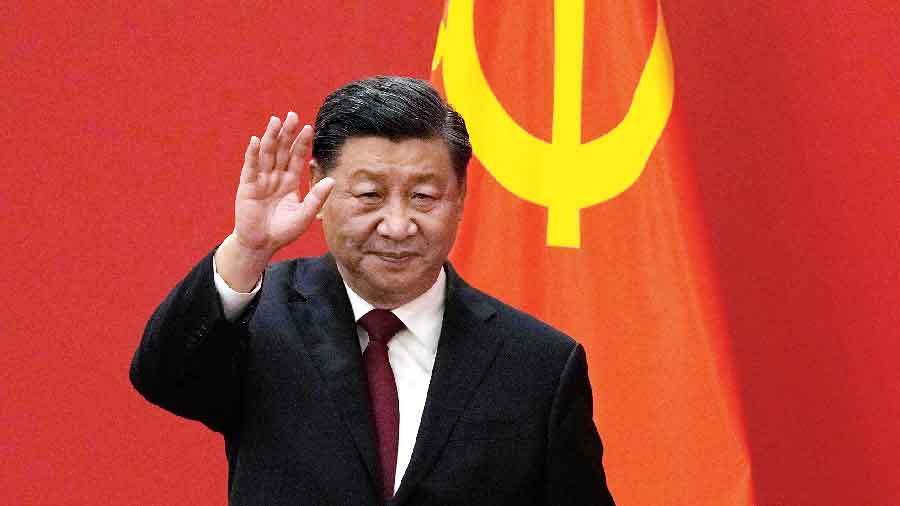
 OpinionExpress.In
OpinionExpress.In
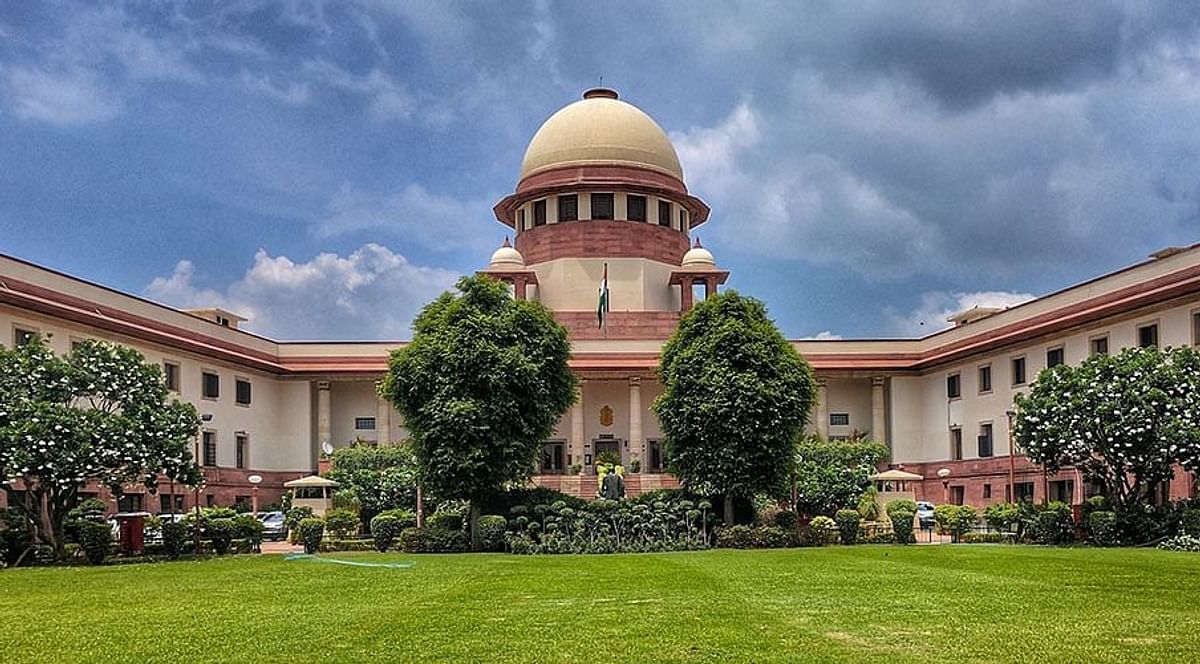
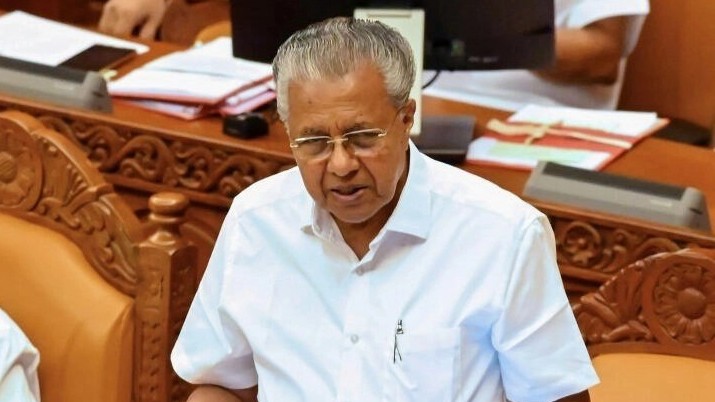
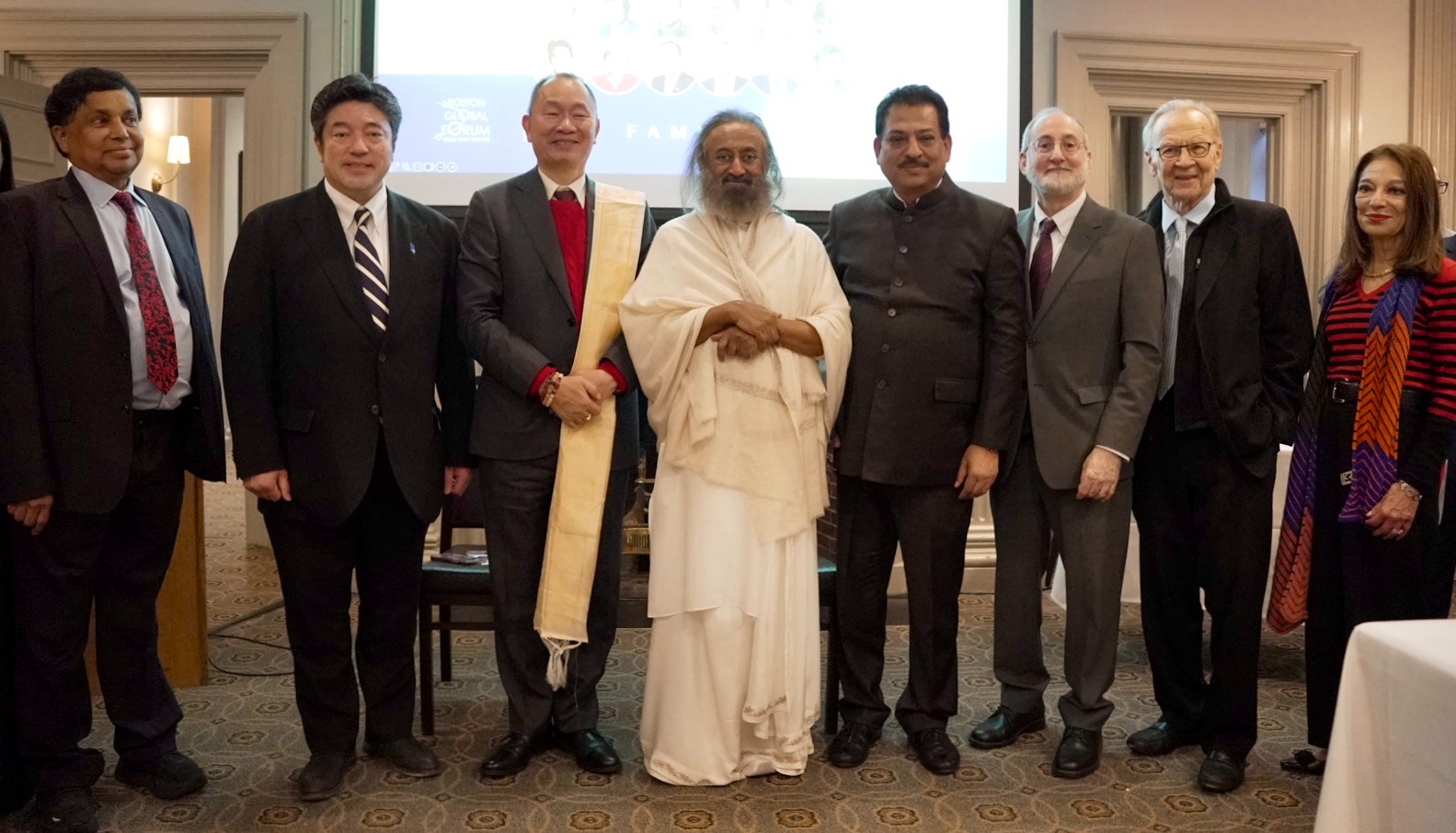

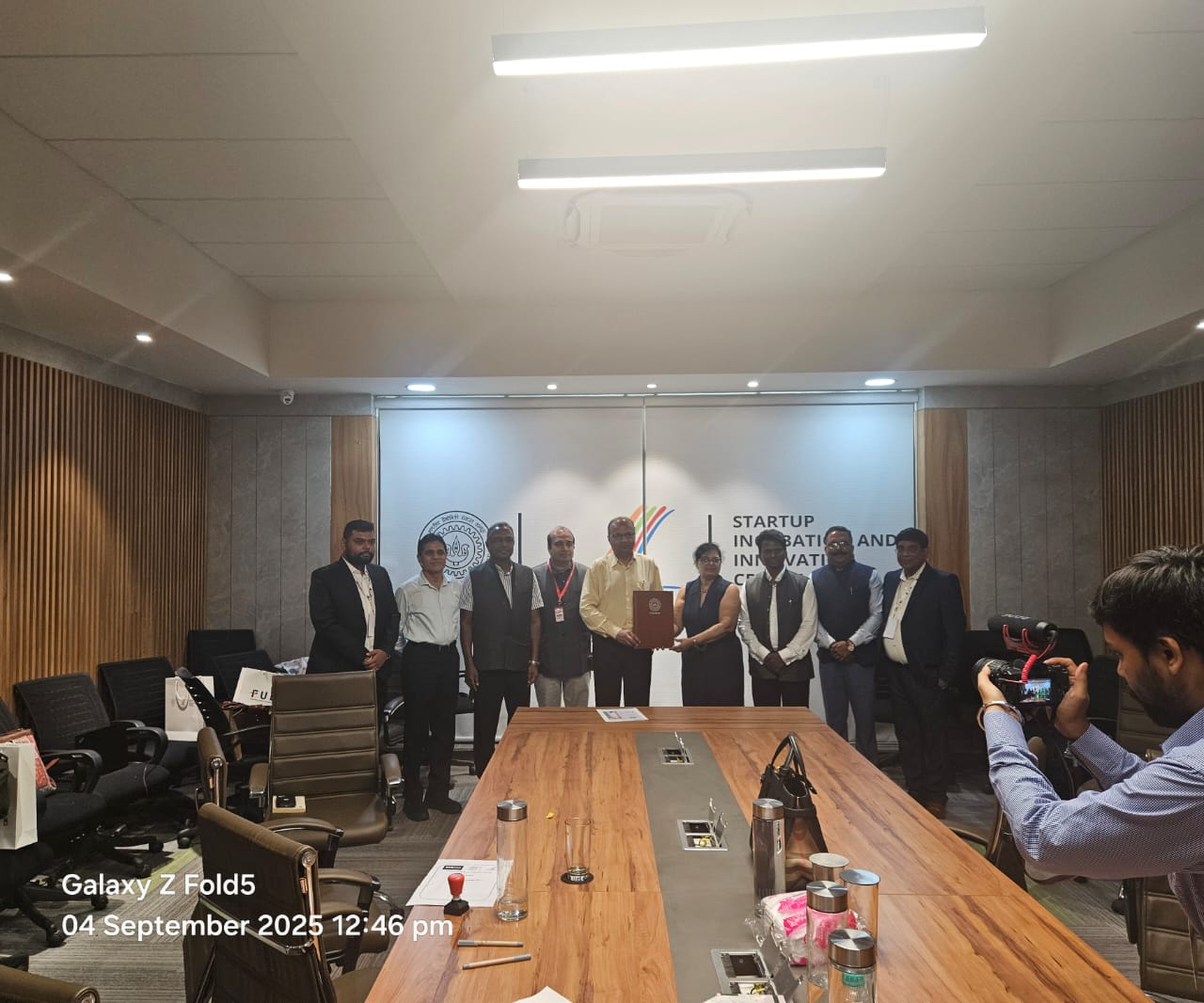










Comments (0)